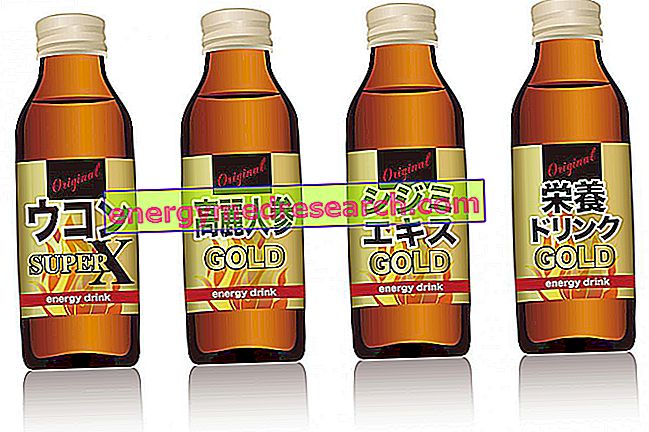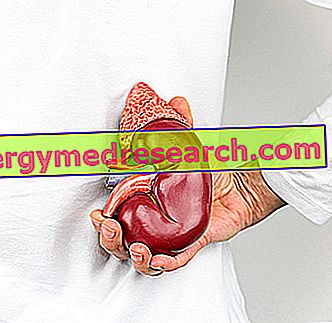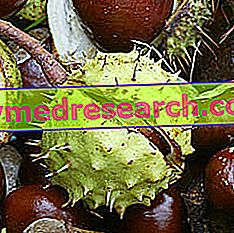
Adjuvants play an important role in formulations towards vaccines by increasing the immunogenesis of the co-administered antigens.
When adjuvants are dosed together with an antigen, they can improve the effects of immunization while maintaining low levels of administration; in this way, it is possible to protect subjects from potentially fatal infectious diseases by moderating the load of the vaccine
Adjuvants exploit different mechanisms, both in terms of increasing the presentation of the antigen and in stimulating the immune system. For example, some act as a repository for the antigen and present it for a long period of time, in order to maximize the immune response. Furthermore, they can also promote mucosal immunity, regulate the avidity of antibodies, their specificity and stimulate cytotoxic T lymphocytes.
To date, many substances have been tested with the aim of looking for new adjuvants. Inorganic aluminum salts, such as aluminum phosphate and aluminum hydroxide, are some of the most common adjuvants used in human vaccines. Furthermore, oily emulsions, polymers, carbohydrates, liposomes and other bacterial toxins are frequently used to increase the subject's immune response.
Ginseng extract has been tested as an immunological adjuvant and ginsenosides are considered "key specific molecules". About 30 ginsenosides are contained in ginseng and their ability as an adjuvant depends on the respective structural characteristics
Ginseng has an autonomous immunogenicity; however, its combination with administered antigens or other adjuvants can promote and improve the immune response against pathogens.
The production of antibodies could be regulated by specific ginseng and / or ginsenoside extract . It has been observed that ginseng extract increases IgM and IgG, as generic antibody responses; furthermore, the ginsenosides Rd, Re and Rg1 also favor specific responses.
Similarly, an adjuvant complex of ginsenoside-based nanoparticles containing Rb2, Rc, Rb1, and Rd, has been shown to significantly increase the levels of specific IgG1, IgG2a, IgG2b and IgG3 in mice.
Recent studies on ginseng also emphasize its adjuvant effects towards Th1 and Th2 immune responses and antibody response. In addition to increasing the proliferation of lymphocytes, ginseng promotes the production of cytokines that stimulate the immune response of Th1 and Th2 cells.
In mice, administration of ginsenoside Re and Rg1 increases IFN-gamma and IL-5 production. Furthermore, the administration of ginsenosides Rd and Re improves the production of cytokines by Th1 and Th2 cells; in particular: IFN-gamma, IL-2, IL-4, IL-10, IL-12 and TNF-alpha. Ultimately, immunity was significantly balanced.
For all these reasons, ginseng has been called a powerful adjuvant for vaccines. For example, in the formulation of the vaccine against T. gondii, ginseng has been considered as an adjuvant that improves the antibody response against certain antigens.
In the flu vaccine, ginsenoside Re would improve the quality of the vaccine, activating the immune response by Th1 and Th2. In general, these results indicate that ginseng used as an immunological adjuvant and its combination with administered antigens induces advanced type responses in the immunization process.



